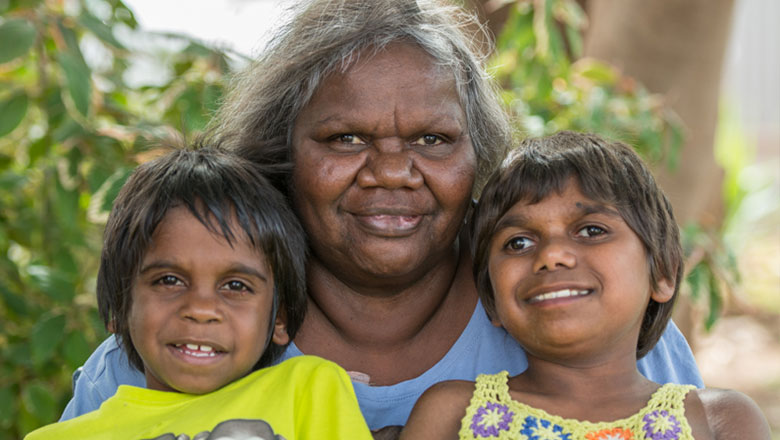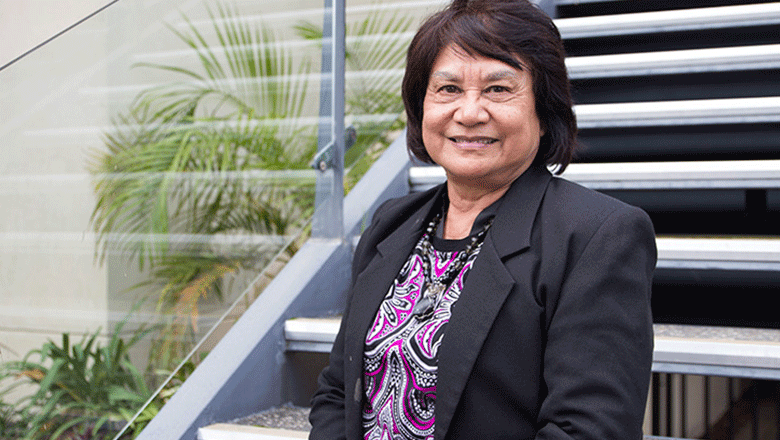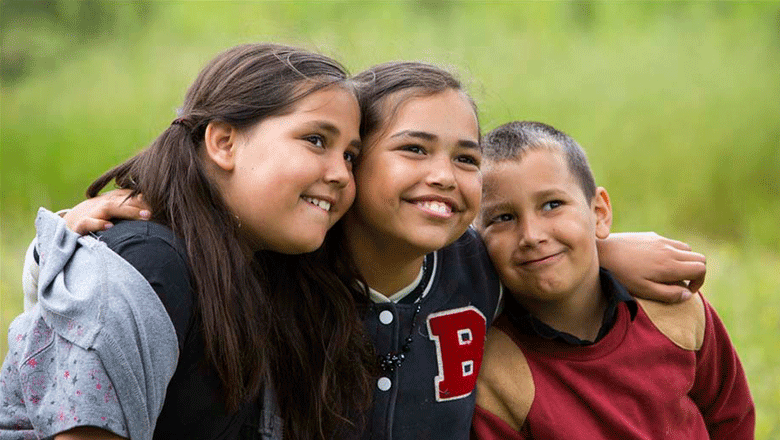Search

News & Events
EVENT: Aboriginal Health ForumFollowing our highly successful Open Space Forums in 2014, The Kids warmly invites you to our next forum on Aboriginal Health.

News & Events
How growing up disadvantaged set Isabelle Adams on a path to help othersTo celebrate NAIDOC week we sat down with Isabelle Adams, the coordinator of The Kids Research Institute Australia's Kulunga Aboriginal Research Development Unit (KARDU).
News & Events
Warburton Community book launchThe Kids Research Institute Australia Founding Director Professor Fiona Stanley will help launch a series of children's books on Monday, written by local Aboriginal people

News & Events
Every Friday: Child Health Research Seminars 2014Associate Professor Roz Walker has been involved in research, evaluation and education with Aboriginal communities building local capacity for 30 years.

News & Events
New project offers hope for reductions in Indigenous suicideThe National Aboriginal and Torres Strait Islander Leadership in Mental Health welcomes funding by the Australian Government
News & Events
Trans Tasman action to fast track rheumatic fever vaccinePrime Ministers of Australia and New Zealand have agreed to provide $3M to help fast-track the development of a vaccine against rheumatic fever.
News & Events
Commitment to Aboriginal Children and Families 2013-2017Earlier this year we launched our Strategic Plan - Working Together 2013-2017. That statement has been developed into the Commitment to Aboriginal Children.

News & Events
Gastro gap between Aboriginal and non-Aboriginal children shrinkingThe world's largest study of gastroenteritis trends in children has shown the disparity between Aboriginal and non-Aboriginal health may be improving.
News & Events
Pneumonia rates improve in Aboriginal childrenNew research from The Kids for Child Health Research shows that the pneumococcal vaccine program has contributed to closing of the gap
News & Events
Study opportunity for Aboriginal Health WorkersA new scholarship program offering Aboriginal Health Workers an opportunity to take up further study has been launched
